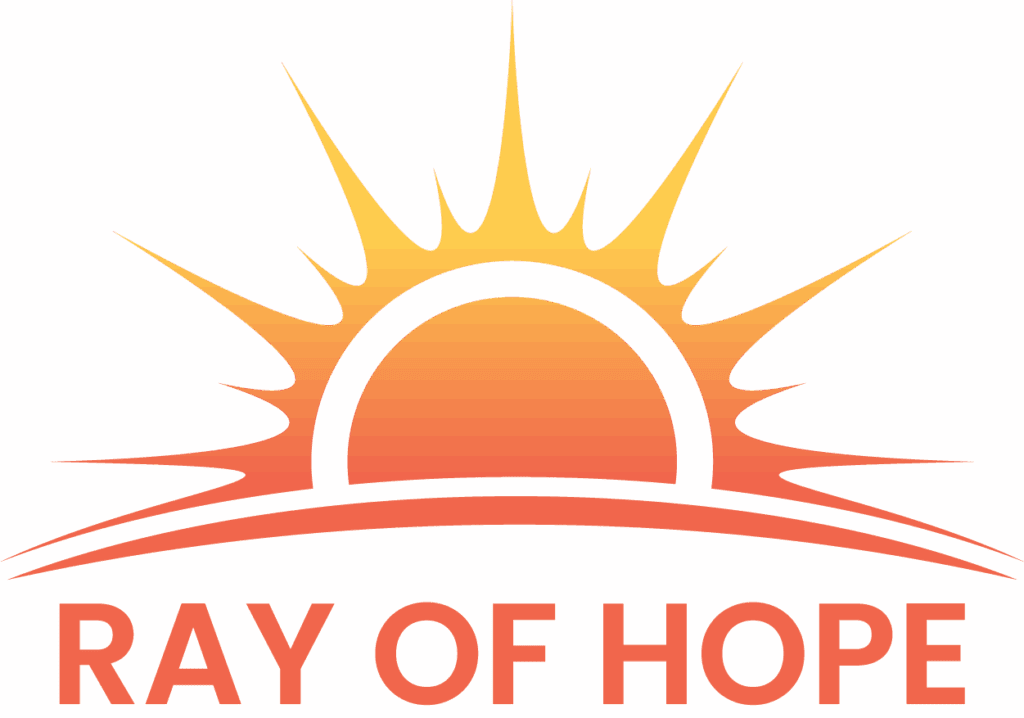Addiction recovery is not a one-size-fits-all process, as each individual’s path to healing depends on their unique needs, the severity of their substance use, and any co-occurring mental health conditions. These can influence both the extent of addiction and the type of program that provides the best results, highlighting the importance of a personalized and integrated care approach.
Understanding the different levels of care available helps individuals and families make informed decisions about which program best encourages long-term healing.
1. Detoxification: The First Step Toward Recovery
Detoxification is the initial stage where the body clears itself of harmful substances. It is essential for anyone who has developed a physical dependence on drugs or alcohol. Withdrawal symptoms can range from mild discomfort to severe medical complications, depending on the duration of use and the overall health condition. During this phase, the body begins adjusting to functioning without the substance, which can lead to both physical and emotional challenges that require professional oversight.
Medical detox programs provide 24/7 supervision from healthcare professionals who monitor vital signs, manage withdrawal symptoms, and ensure safety throughout the process. The goal is stabilization, preparing them for ongoing therapy, and helping them regain a sense of control. Though detox does not directly address the emotional roots of addiction, it establishes the groundwork for further rehabilitation and strengthens trust between participants and their care providers.
2. Residential or Inpatient Programs
Residential treatment offers the most comprehensive and immersive form of care, creating an environment designed for complete focus on healing. Clients live at the facility full-time, surrounded by helpful staff and peers who understand the challenges in recovery and provide continuous encouragement. This setting minimizes outside distractions and triggers, fostering a consistent, safe, and healing-focused atmosphere that allows them to immerse themselves fully in therapeutic progress and self-discovery.
Inpatient programs typically include individual therapy, group counseling, and holistic activities such as fitness, meditation, and art therapy. The length of stay varies, but often lasts from 30 to 90 days. These are best suited for those struggling with severe substance use or persons who have relapsed after previous attempts at rehabilitation. It provides stability and consistency during the most vulnerable stage of personal restoration, fostering a renewed sense of balance and confidence that sustains progress.
3. Partial Hospitalization Programs (PHP)
Partial hospitalization bridges the gap between residential and outpatient care, as clients attend therapy sessions at a facility during the day but return home in the evenings. This format is ideal for those who need intensive therapy but can manage their progress safely outside of a residential setting.
A PHP typically includes daily therapy sessions, medication management, and support groups. Participants work on coping skills, emotional regulation, and relapse prevention strategies. The flexibility allows them to apply lessons learned in real-life situations while still receiving strong clinical guidance. This level of care helps participants transition gradually toward greater independence and confidence as they continue building stability in everyday life.
4. Intensive Outpatient Programs (IOP)
An intensive outpatient program provides a moderate degree of organization and care while maintaining a flexible schedule that fits into daily routines. Clients attend therapy several days per week, often in the evening, making it suitable for those who are reintegrating into work, school, or family life while continuing their therapeutic progress. Each session builds upon the skills developed in previous stages, ensuring consistent growth without overwhelming time commitments.
The focus of IOP is sustained development, reinforcing coping mechanisms, identifying and addressing triggers, and maintaining accountability through organized yet adaptive sessions. Therapy may include cognitive-behavioral therapy (CBT), family counseling, and group support designed to strengthen communication and resilience, while receiving targeted intervention for co-occurring disorders that may influence behavior or emotional well-being. This phase also encourages participants to practice recovery strategies in real-world settings, gaining confidence and stability while remaining closely connected to professional guidance.
5. Standard Outpatient Programs
Outpatient program (OP) represents the most flexible form of ongoing support, offering structure without the intensity of higher levels of clinical supervision. Clients typically attend sessions weekly or biweekly, depending on their needs and overall progress, allowing them to balance therapy with daily responsibilities such as work or school. This approach is best suited for those who have already established a stable foundation and are working to develop emotional resilience and coping strategies that support consistent progress.
Sessions emphasize motivation, relapse prevention, and life skill development, blending therapeutic guidance with practical application in daily routines. It fosters lasting connections with supportive networks and professional counselors, helping participants grow emotionally and mentally while rebuilding routines and healthy habits in their lives. Consistent participation ensures accountability and a sense of momentum, empowering each person to preserve and expand the progress they have diligently achieved.
6. Aftercare and Long-Term Support
Aftercare represents an essential phase that supports continued growth beyond a framework of guided sessions. Once formal treatment concludes, individuals still require guidance to manage triggers, sustain healthy habits, and adapt to daily life without returning to harmful behaviors. These services often include alumni networks, therapy sessions, sober living environments, or peer mentorship opportunities, each designed to maintain accountability and connection.
Active participation in aftercare helps strengthen emotional stability and encourages steady progress through shared experiences and consistent support. These emphasize community involvement, self-improvement, and personal responsibility, empowering participants to cultivate fulfilling, substance-free lives built on resilience and long-term balance. Continued engagement in guided and purposeful activities reinforces what was learned in earlier stages and promotes confidence in maintaining lasting wellness.
Final Thoughts from Ray of Hope
Every level of care serves a vital purpose, from detoxification to long-term aftercare. Understanding these helps individuals and families identify the type of care that aligns with their needs and supports long-term wellness. Healing is not a straight line, as it’s a process that requires the right environment, tools, and commitment to rebuild a balanced life.
At Ray of Hope, we provide a compassionate setting where people can access personalized care that addresses the physical, emotional, and mental aspects of substance use. Our outpatient rehab programs in Columbus, OH, are designed to help clients build resilience, gain self-awareness, and experience lasting transformation through guidance that promotes balance and enduring well-being.




